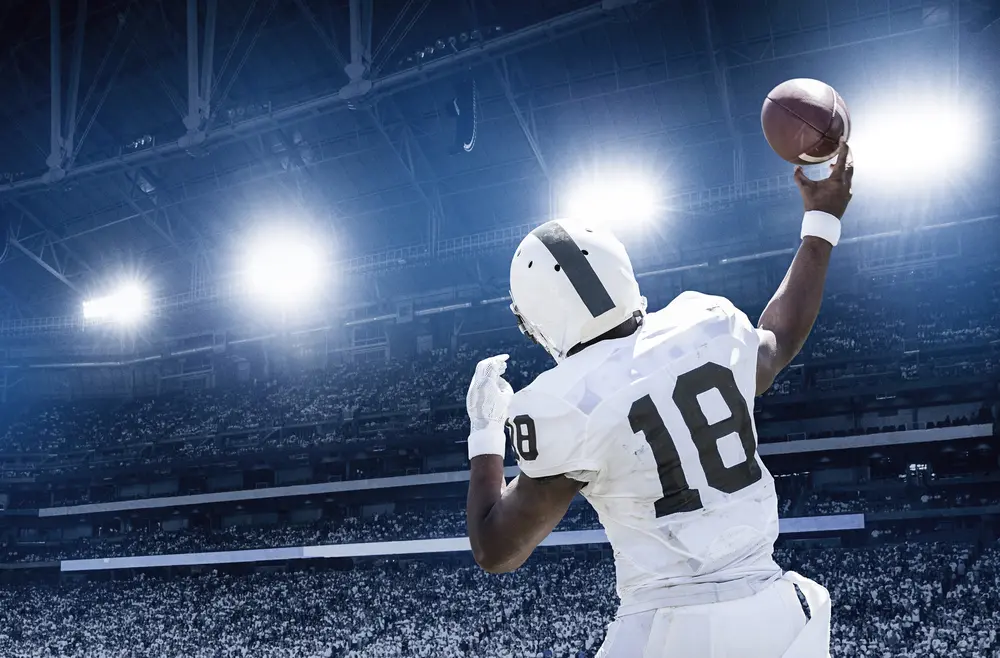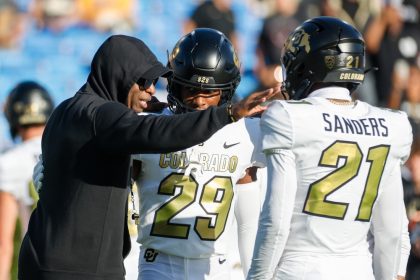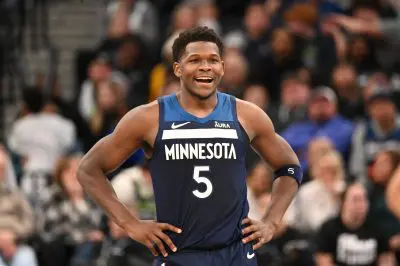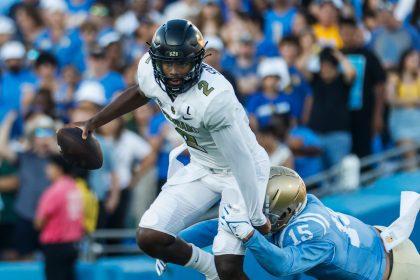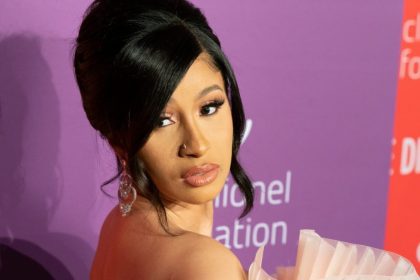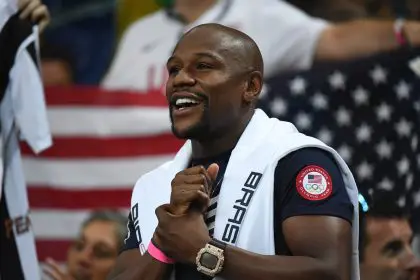The Super Bowl, an annual spectacle that transcends sport, mirrors the social and cultural evolution of the United States. Within this iconic event, few narratives echo as profoundly as the emergence of Black quarterbacks on football’s most illustrious platform. Their ascent embodies a saga of resilience, talent, and an unwavering pursuit of equality, etching an indelible mark within the hallowed annals of gridiron history.
Amidst the Super Bowl’s grandeur, the journey of Black quarterbacks stands as a compelling testament to the triumphs and struggles intertwined with race and opportunity in America. Their narrative isn’t solely about sporting achievements but mirrors societal shifts, the breaking of barriers, and the seismic impact of representation in a landscape often marked by historical inequities. The rise of these quarterbacks symbolizes far more than touchdowns and victories; it signifies the breaking down of long-standing stereotypes and the forging of paths for future generations within the intricate tapestry of American football.
For decades, the quarterback position, often seen as the face of the team and requiring leadership and intelligence, was dominated by white players. This reflected a more significant societal bias, holding Black athletes back from positions of leadership and downplaying their intellectual abilities. The first cracks in this wall appeared in the 1960s with pioneers like Marlin Briscoe, the first Black quarterback in the Super Bowl era, paving the way for future generations.
The year 1988, he marked a watershed moment. Doug Williams, a trailblazer in his own right, shattered barriers by becoming the first Black quarterback to start and win a Super Bowl MVP award. His performance, leading the Washington Redskins to victory over the Denver Broncos, was as dominant as it was symbolic, silencing doubters and inspiring countless young Black players.
However, the road to progress remained bumpy. Despite Williams’ triumph, talented Black quarterbacks like Randall Cunningham and Steve McNair faced skepticism and obstacles. It wasn’t until the early 2000s with Donovan McNabb and, later, Michael Vick that Black quarterbacks started seeing a consistent presence in the Super Bowl, though victories remained elusive.
The tide turned in the 2010s, with a new generation of quarterbacks showcasing their brilliance. Russell Wilson led the Seattle Seahawks to back-to-back Super Bowl appearances with his dual-threat prowess, winning one in 2014. Cam Newton’s athleticism and leadership guided the Carolina Panthers to the big game in 2016. These players demonstrated exceptional talent and a new confidence and swagger, changing the narrative surrounding Black quarterbacks.
Then came Patrick Mahomes, who burst onto the scene with his dazzling playmaking abilities. He became the youngest quarterback to win the NFL MVP and Super Bowl MVP honors in 2020, showcasing a new era of Black quarterback dominance. In 2023, he reached another milestone, becoming the first Black quarterback to win two Super Bowls, solidifying his place among the greats.
The 2023 Super Bowl, however, wasn’t just about Mahomes. It was a historic moment to witness the first-ever Super Bowl matchup between two Black starting quarterbacks: Mahomes and Jalen Hurts of the Philadelphia Eagles. This symbolized the progress and the vast talent pool waiting to be unearthed.
The chronicles of Black quarterbacks in the Super Bowl compose a narrative woven with the threads of relentless advancement, marked by victories and challenges alike. Their journey epitomizes resilience, shattering stereotypes while constructing a bridge for aspiring athletes. As we navigate forward, it’s crucial to honor the past struggles and exalt the triumphs, for this odyssey is an enduring expedition far from its final chapter.
These quarterbacks’ indomitable spirit and perseverance serve as guiding beacons, illuminating the path for future generations. The evolving landscape of the Super Bowl beckons the ascent of emerging talents like Hurts and others, poised to inscribe their chapters within this enduring legacy.
Yet, the story remains unfinished—a narrative brimming with promise and potential. The future stands as a canvas, awaiting the strokes of ambition, talent, and opportunity. In the relentless pursuit of progress, the journey of Black quarterbacks in the Super Bowl will continue to galvanize, inspire, and redefine the tapestry of American football for generations to come.
This story was created using AI technology.

